#ulysses s. grant
Note
Which President, in your opinion, was the most reluctant to seek the position? Which wound up hating it the most by the end of his term?
I am a strong believer that nobody truly becomes President of the United States "reluctantly". That's not exactly the kind of job that seeks you, especially the modern Presidency.
For a significant slice of American history, many of the people nominated for President acted as if they were being called upon to run when, behind-the-scenes, they were very active in building their campaigns and corralling supporters. Until the 20th Century it was frowned upon to openly run for the Presidency, but almost all of the Presidents wanted the gig.
I'd say that George Washington was probably more reluctant than most of his successors and likely would have preferred retiring to Mount Vernon after the Revolution, but I think he also recognized that he was the guy who needed to be the President that set the precedents. I think Ulysses S. Grant would have been perfectly happy to not be President, but once he was elected in 1868 he also wanted to keep the job. He even tried to run for a third term in 1880.
That 1880 election might have been the one case where the winner -- James Garfield -- genuinely wasn't interested in the Presidency at that point. He had gone to the Republican National Convention to support fellow Ohioan John Sherman (and defeat Grant's hopes for a third term) and gained some major attention after giving a well-received speech placing Sherman's name in nomination. When the candidacies of Sherman and James G. Blaine -- another anti-Grant candidate -- stalled, Garfield became a compromise choice and was eventually nominated on the 36th ballot. Garfield was apparently legitimately shocked by the events leading to him leaving Chicago as the GOP nominee.
By most accounts, William Howard Taft was far more interested in a potential seat on the Supreme Court than becoming President. At heart he was a judge and believed himself to be better suited for the judiciary than the Executive Branch. But Taft turned down three offers by Theodore Roosevelt to be appointed to the Supreme Court (in 1902, 1903, and 1906) because he felt obligated to complete his work as Governor-General of the Philippines and then Secretary of War. But Taft's wife desperately wanted him to become President and by the time of President Roosevelt's third offer of a seat on the Court, Taft was already being talked about as Roosevelt's hand-picked successor in the White House. And, as with all other Presidents, once he had a taste for the job, he didn't want to give it up, running for re-election in 1912 against his former friend, Roosevelt.
Gerald Ford is the only other President who hadn't spent a significant portion of his political career with his eyes on the White House. Ford spent nearly a quarter-century in the House of Representatives and his main ambition was to be Speaker of the House, but Republicans weren't able to win control of the House when Ford was in Congressional leadership positions. But even with Ford being a creature of Congress, he did attempt to put himself forward as a nominee for the Vice Presidency, first in 1960 and then in 1968, and Nixon kicked the tires on picking him as his running mate in 1960. No one wants to be Vice President without seeing it as a potential stepping stone to the Presidency, particularly at that point in history before Vice Presidents were empowered with some real influence within the Administrations they served in.
As for who wound up hating it by the end of their time in office, I think it's safe to say that John Quincy Adams didn't shed too many tears when he was defeated for re-election in 1828. And I'm sure he wouldn't use the word "hate", but nobody can convince me that George W. Bush wasn't thoroughly ready to escape Washington by late-2007. There were times in 2008 when he seemed like he just wanted to hold a snap election like they have in parliamentary systems and go home to Texas. If some Presidential insider published a book that said that Bush asked if he could just give the keys to the White House to Barack Obama in July 2008, I wouldn't be the least bit shocked.
On the other hand, if there were no term limits, Bill Clinton would have been running for President in every election since 1992 (and the crazy thing is that he's still younger than both of the presumptive 2024 nominees). I'm kind of surprised that he didn't make an effort to repeal the 22nd Amendment in the past 20 years. Clinton loved being President and was trying to find something Presidential to do until minutes before his successor was inaugurated in 2001.
#History#Presidents#Presidential Candidates#Presidential Nominees#Presidential Elections#Presidency#Reluctant Presidents#Politics#Political History#Presidential History#George Washington#President Washington#General Washington#Ulysses S. Grant#President Grant#General Grant#1880 Election#1880 Republican National Convention#James Garfield#President Garfield#William Howard Taft#President Taft#Chief Justice Taft#Gerald Ford#President Ford#John Quincy Adams#JQA#President Adams#George W. Bush#Bush 43
38 notes
·
View notes
Text

Nomination of Ulysses S. Grant as Lieutenant General of the Army
Record Group 46: Records of the U.S. SenateSeries: Anson McCook Collection of Presidential Signatures
Executive Mansion, Washington, February 28, 1864 To the Senate of the United States I nominate Ulysses S. Grant, now a Major General in the Military service, to be Lieutenant General in the Army of the United States. Abraham Lincoln
32 notes
·
View notes
Text
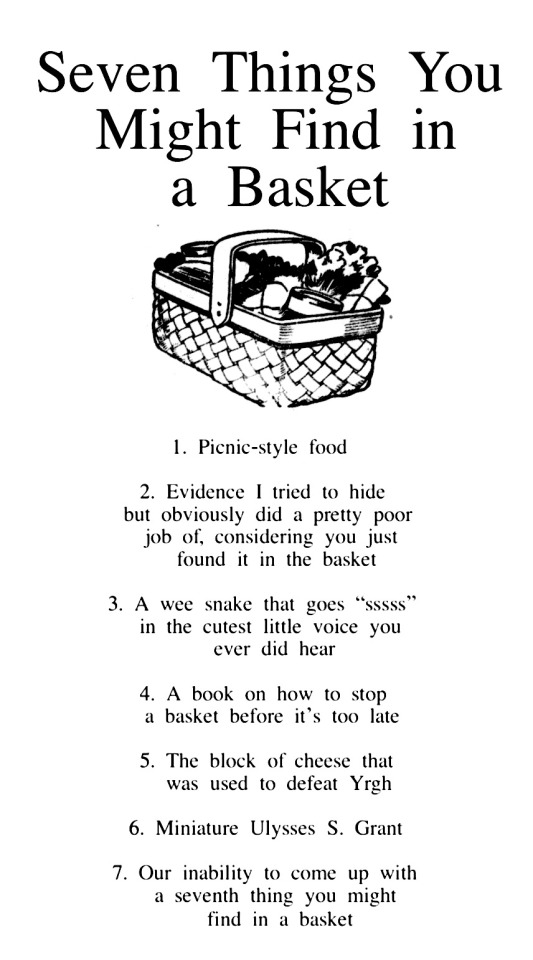
335 notes
·
View notes
Text
This is so embarrassing for me, but here it is. The playlist I talked about in a previous post. It's so silly and not meant to be taken seriously. The description also says I'm open to suggestions (as long as they're done respectfully). A lot of this was done with Grant's love for his wife in mind. Anyway.
#ulysses s grant#ulysses s. grant#Grant posting#I'm all ears to add songs that someone seriously thinks would fit him#again this was a silly project for myself but I'm happy to share it#maybe someone else will find it amusing too#Spotify
15 notes
·
View notes
Text

source: @artistsanimals (How Artists See Animals)
Title: The Crowning Insult to Him Who Occupies The Presidential Chair
Artist: Thomas Nast (American)
Date: May 13, 1876
Publisher: Harper’s Weekly Medium: Wood engraving
Source: Bates Museum
8 notes
·
View notes
Text
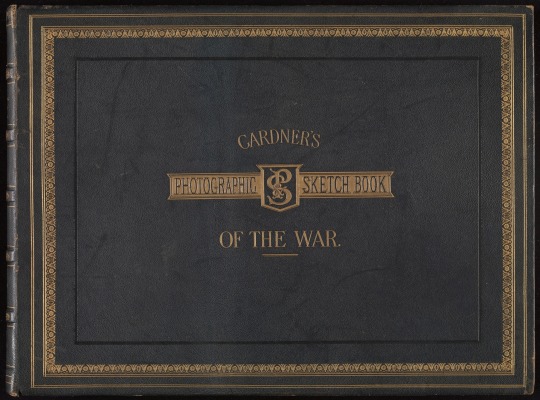


Alexander Gardner - Gardner's Photographic Sketchbook of the War, Volume 1 - Photographs by Alexander Gardner except where noted.

President Lincoln with his officers

Major General Pleasanton and General Custer by: Timothy H. O'Sullivan
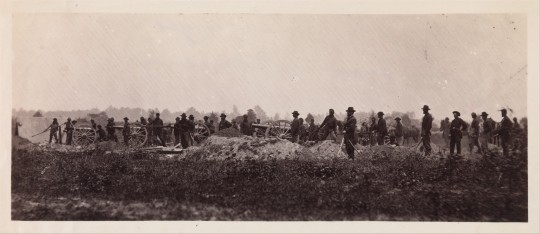
Pennsylvania Light Artillery, Battery B, Petersburg, Virginia by: Timothy H. O'Sullivan

Look at all those troops in the distance
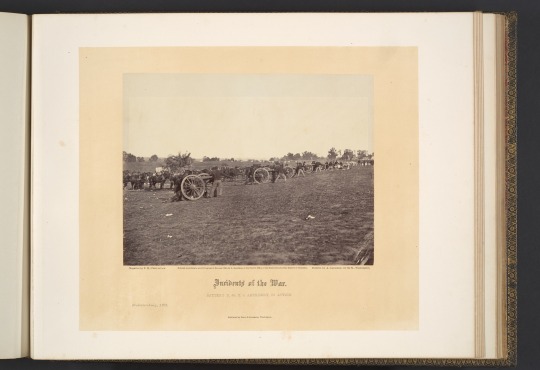
Preparing for battle...
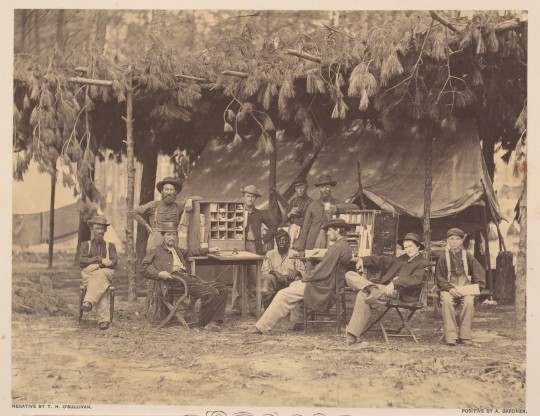
Chief Officer and Clerks of the Ambulance Department, 9th Army Corps, below Petersburg by: Timothy H. O'Sullivan
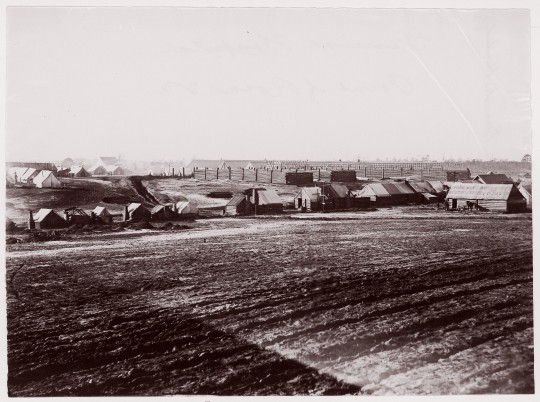
General Hospital, Point of Rocks, Appomattox River below Petersburg by: Timothy H. O'Sullivan

Outer Confederate Line, Petersburg, Captured on June 15, 1864 by: Timothy H. O'Sullivan

Another photo of the Outer Confederate line, Petersburg, Captured on June 15, 1864 by: Timothy H. O'Sullivan
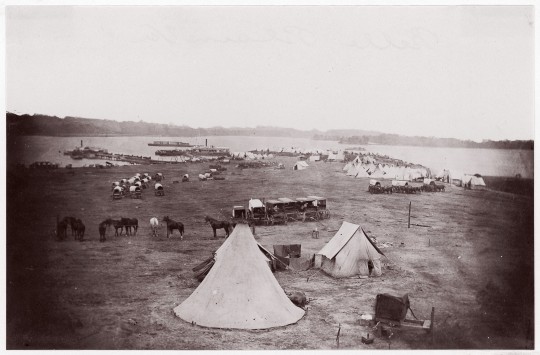
Camp at Belle Plain, Virginia by: Timothy H. O'Sullivan
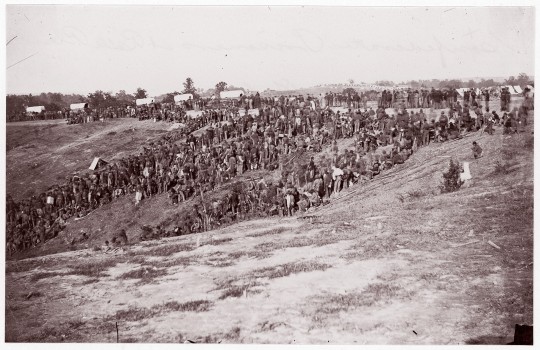
Confederate Prisoners at Belle Plain by: Timothy H. O'Sullivan

Camp of Confederate Prisoners at Belle Plain Landing, Virginia, Captured with Johnson's Division by: Timothy H. O'Sullivan
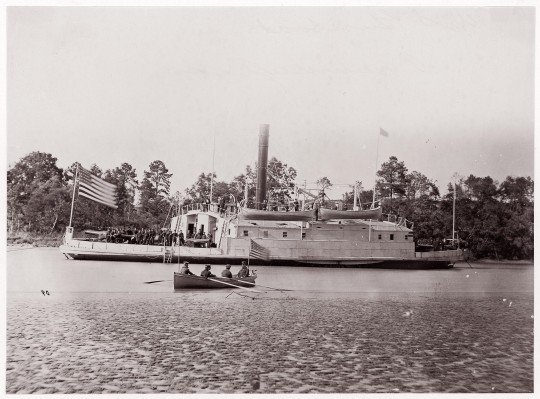
U.S. Gunboat "Commodore Perry" on Pamunkey River by: Timothy H. O'Sullivan
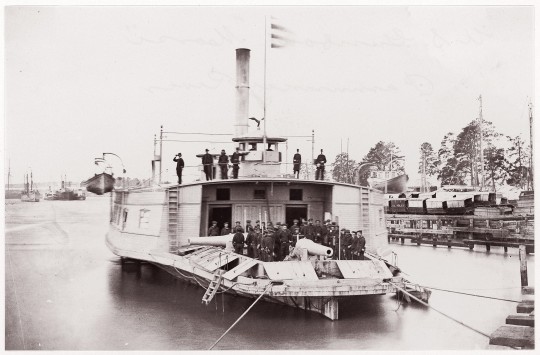
U.S. Gunboat "Commodore Perry" on Pamunkey River
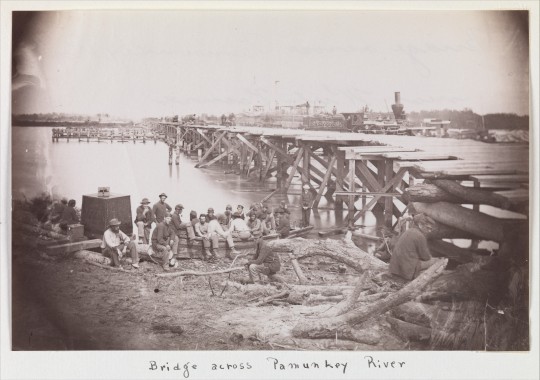
Bridge Across Pamunkey River - by: Timothy H. O'Sullivan
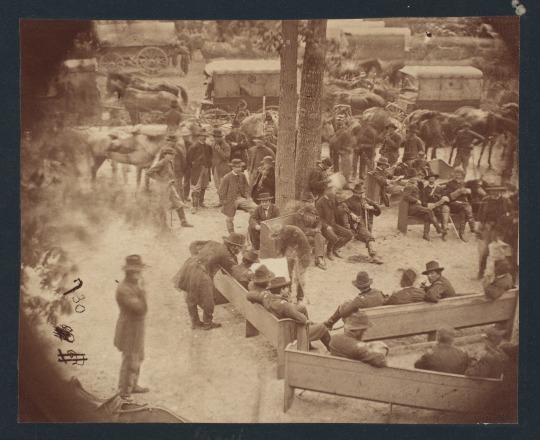
Ulysses S. Grant’s soldiers have removed the church pews and placed them under the trees; staff officers gather around to discuss the situation.
In the background are rows of horse-drawn baggage wagons and ambulances transporting supplies for the next day’s engagement and the wounded to field hospitals. In the foreground General Grant bends over a pew and looks over his shoulder at a large map held in the lap of General George Meade, head of the Army of the Potomac. by: Timothy H. O'Sullivan
#timothy h. o'sullivan#historical photos#alexander gardner#ulysses s. grant#commodore perry#general pleasanton#general custer#pamunkey river
18 notes
·
View notes
Text





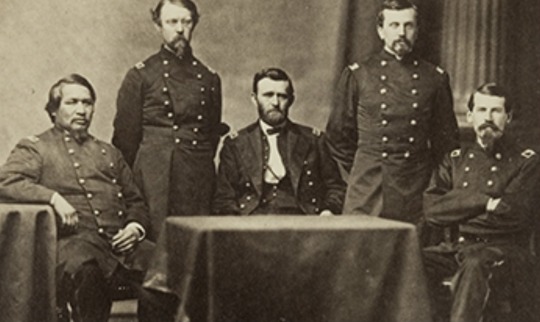


Grant appreciation post ✨✨
70 notes
·
View notes
Text

18 notes
·
View notes
Text
Quick Thought – Friday, March 15, 2024: The Path to Success
Read
Matthew 25:14-30
His master said to him, “Well done, good and faithful servant. You have been faithful over a little; I will set you over much. Enter into the joy of your master.”
Matthew 25:23
Reflect
Not everyone starts out at the top. Some people work for years before they’re finally “discovered.” Consider the story of Sam.
Many years before the Civil War, Sam was a student at the U.S.…
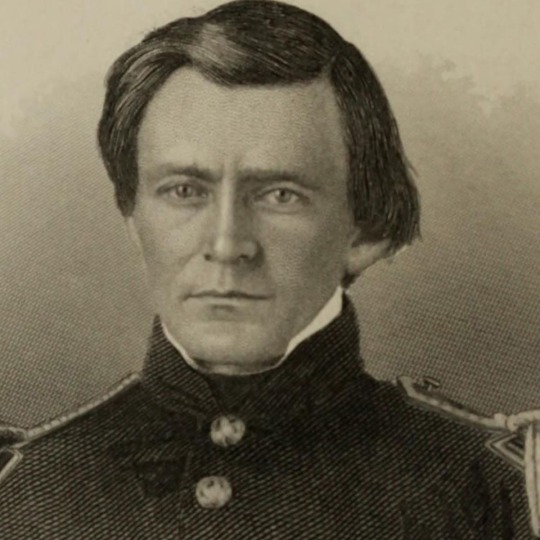
View On WordPress
#Army#Bible#bible study#Civil War#Confederacy#devotion#excellence#faith#General#God#Heaven#Jesus#Kingdom of God#military#military academy#President#Quick Thought#reflection#responsibility#Robert E. Lee#study#success#talent#Ulysses S. Grant#Union#United States#West Point
2 notes
·
View notes
Text
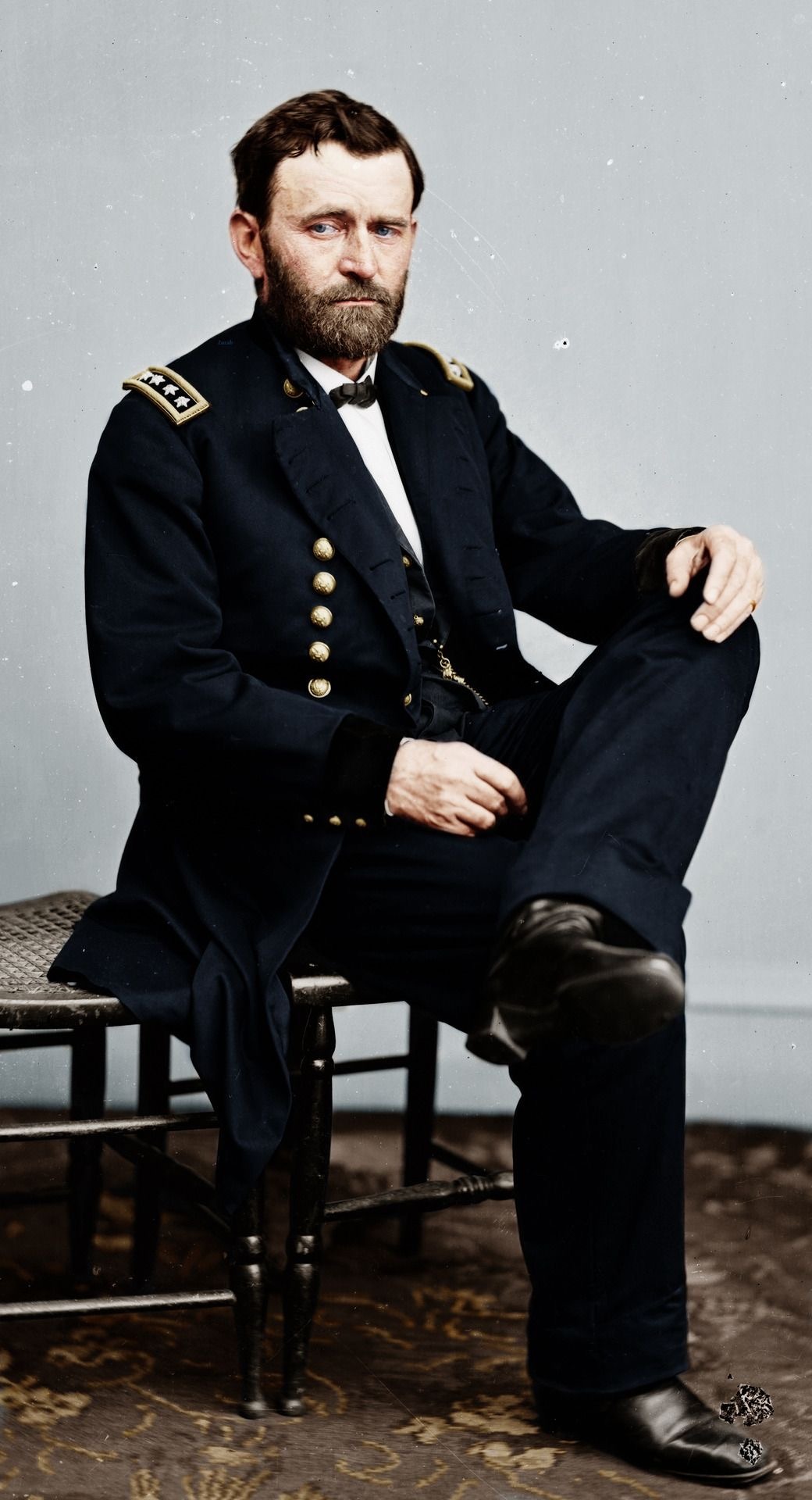
Ulysses S. Grant
2 notes
·
View notes
Text
Me and the discord chat discovering symptoms of autism in Grant

We are not psychologists but we are autistic and relate to these shared traits. Many of these traits fall under DSM 5 categories for an autism diagnosis as well as trends experienced by autistic people. This is by no means an official diagnosis ofc!
Childhood Stories
This is a good place to start. I'll rattle off a few stories.
- Hyposensitivity to noise (DSM B4): Jesse Grant dared a friend to shoot a gun next to Ulysses who was absolutely unfazed. Ulysses' reaction can be called hyposensitivity as the sound didn't bother him as it did other children. It can even be argued that this hyposensitivity aided him in his future military career.
- Taking instructions too literally (DSM A1): Ulysses' horror story about purchasing the colt "[My father says I am to offer you $20, then $22.50, and finally $25]" shows that he took Jesse's instructions very literally. Not fully understanding this social interaction can be interpreted as childhood naivety or an autistic trait. Keep in mind that Ulysses struggled with monetary deals throughout his entire life.
- Outcast in childhood (DSM A3): Ulysses was bullied by others as a child and got the nickname "Useless Grant." Many autistic people have experienced bullying as a child because they are viewed as "different" and an "outsider."
Other Traits
- Special Interest (DSM B3): It is well known that Ulysses loved horses! Ulysses was basically a horse whisperer and was THE horse guy. His absolute obsession with them throughout his life is akin to special interests.
- Sensory triggers (DSM B4): Ulysses was put off by meat that was less cooked and preferred it well-cooked. Having less coked meat was obviously a trigger that made him feel uncomfortable. Many autistic people have similar experiences and find it hard to eat particular foods.
- Masking in front of strangers (DSM A1): Ulysses seemed quiet in front of strangers but was enthusiastic with his inner circle, as noted by Julia and other friends. In her memoirs, Julia recalled how different was with her versus with strangers. This is something introverts experience, but Julia's description is reminiscent of masking autism.
- Empath (common trait not listed in DSM): Ulysses is famously an empath and known for his kindness! Being an empath is a common trait that autistic people experience. Notable instances of Ulysses's empathy was his fair treatment of civilians and soldiers during the Civil War and respectfulness during Confederate surrenders.
- Strong sense of justice (common trait not listed in DSM): Ulysses always had a strong sense of justice, something many autistic people experience. Ulysses's sense of justice is particularly evident in his implementation of the 14th and 15th amendments to secure equal rights for African Americans.
- Difficulty keeping a job (DSM B2): After his resignation from the army in the 1850s, Ulysses struggled to keep a job. Modern statistics show that people with autism have trouble with work.
- Mate crimes (DSM A3): Ulysses seemed to willingly turn a blind eye to friends who took advantage of his positions, especially with money. Ulysses' reputation has been noticeably hurt by this, with notable examples being the Whisky Ring during his presidency and the failure of Grant & Ward due to Ward stealing all profits. Autistic people are more vulnerable to mate crimes due to their desire to make social connections. Taking Ulysses' empathetic nature into consideration, this is quite convincing to me!
- Naïvety (DSM A3): Ulysses was very optimistic and trusting to a point of fault. His optimism led to him being taking advantage of in mate crimes. This is something many autistic people experience.
Have to add that there are also accounts of him having a unique stride as well as whittling a lot (stim w).
Of course, we will probably never know for sure if Ulysses was autistic or not, but it sure is interesting to look at the data. I tried my best to connect these traits to the DSM 5. Remember I am not a psychologist but from my personal experience these traits made sense. Thanks for reading!
4 notes
·
View notes
Text
"The College campus was dotted here and there in every direction with groups evidently lamenting their inability to see and hear what was going on."
--Princetonian, June 29, 1871, on the recent visit of Ulysses S. Grant to campus
8 notes
·
View notes
Photo
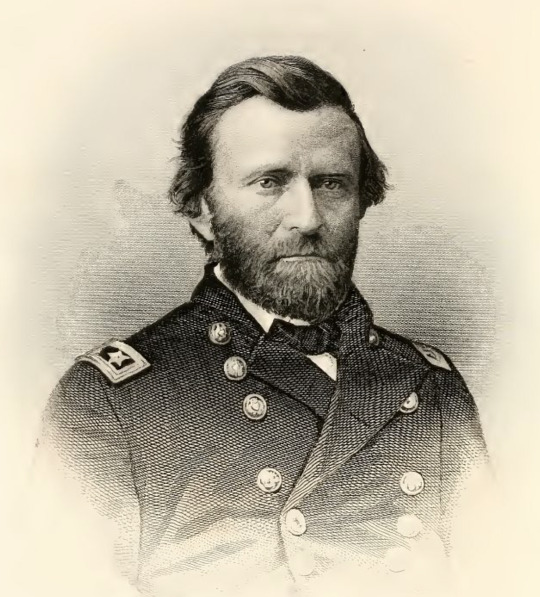

During the Civil War, General Ulysses S. Grant issued General Order No. 11.
It “expelled all Jews from Grant's military district, comprising areas of Tennessee, Mississippi, and Kentucky.”
When he was running for president six years later, Grant said he wasn’t anti-Semitic, but merely opposed “certain Jews.”
18 notes
·
View notes
Text
Birth
Ulysses S. Grant was born on 27 April 1822 in Point Pleasant, Ohio originally as Hiram Ulysses Grant. He came into the world as Jesse Root Grant’s and Hannah Simpson’s first of six children.
Although named Hiram in honour of his maternal grandfather, his father was noted to predominantly call him Ulysses. Growing up, young Ulysses was more attached to his mother and was of a similar nature to her, disliking the bold and proud comportment of his father.
#this is such an autism thing but#I’m getting emotional reading a journal from 1828 knowing Grant would have been 6 years old at the time#he would’ve been a little guy at this point#this journal has nothing to do with him#I just saw the year and instinctively thought of how old Grant would’ve been at this point in time#ulysses s grant#Ulysses S. Grant
23 notes
·
View notes
Text
#OTD in 1925 – Nellie Cashman known variously as the ‘Angel of the Yukon’ and ‘Angel of the mining camp’ dies in Victoria, British Columbia aged seventy-nine.
Nellie was born in the farming village of Midleton a few miles from Queenstown (now Cobh) in Co Cork, in 1845. Her parents were Patrick and Fanny (nee Cronin) O’Kissane, a family name later anglicized to Cashman. A sister, Frances or young Fanny, was born a year or two later. The Cashman family was Catholic and poor, categories synonymous with the years of An Gorta Mór. Family fortunes declined…

View On WordPress
#Angel of the Mining Camps#Angel of the Yukon#Boston#Co. Cork#Cobh#Fanny Cashman#Nellie Cashman#San Francisco#Ulysses S. Grant#Wyatt Earp
5 notes
·
View notes
Text
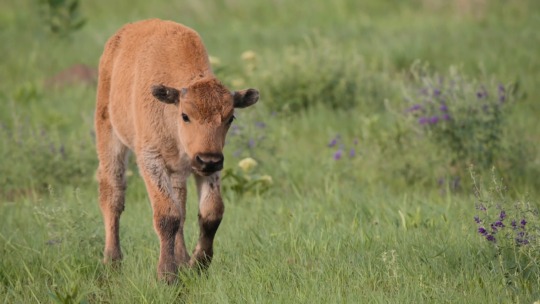


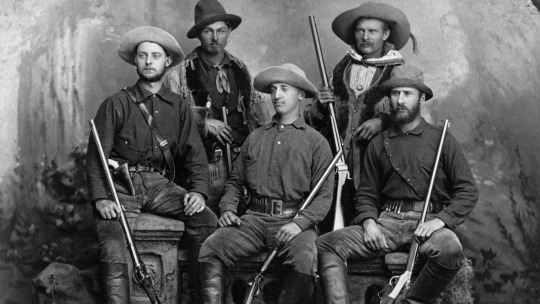
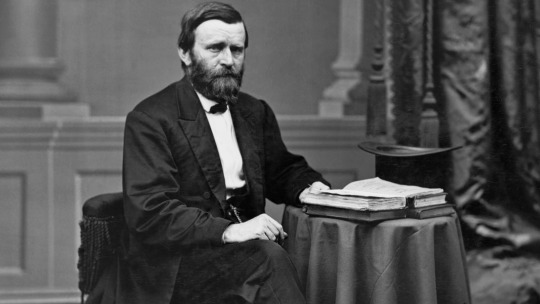
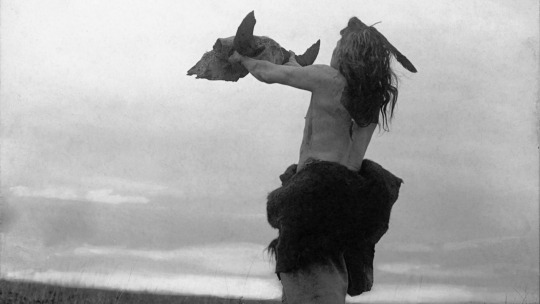


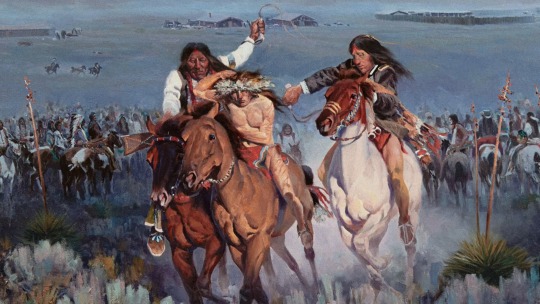
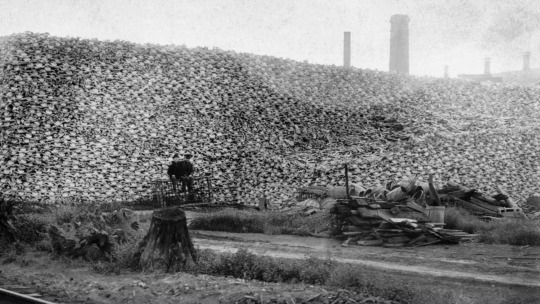
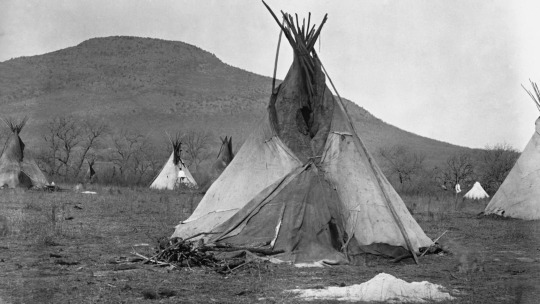
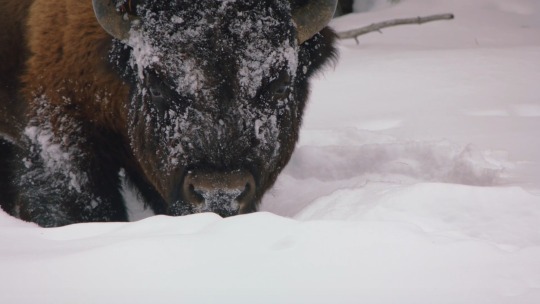
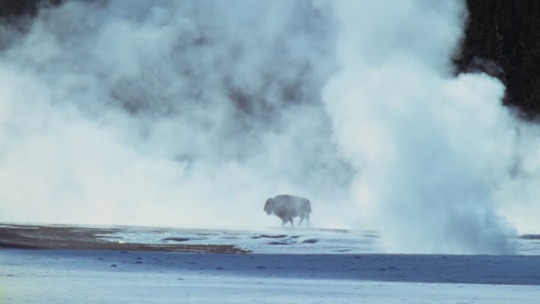
THE AMERICAN BUFFALO (2023; dir. Ken Burns and Dayton Duncan)
Episode One: “Blood Memory”
There is no story anywhere in world history that involves as large a destruction of wild animals as happened in North America – in the Western United States in particular –between 1800 and 1890.
– Dan Flores, American cultural and environmental historian
A cold wind blew across the prairie when the last buffalo fell... A death wind for my people.
– Sitting Bull, Hunkpapa Lakota leader
We have seen the Indian and the game retreat before the white man and the cattle, and beheld the tide of settlement move forward, which threatens before long to leave no portion of our vast territory unbroken by the farmer's plow or untrodden by his flocks. There is one spot left: a single rock about which this tide will break, and past which it will sweep, leaving it undefiled by the unsightly traces of civilization. Here in this Yellowstone Park, the large game of the West will be preserved from extermination in this, their last refuge.
– George Bird Grinnell, American conservationist and anthropologist
#The American Buffalo#Ken Burns#Dayton Duncan#bison#American bison#American Indians#Native Americans#Indigenous Americans#Lakota#United States#Wyoming#Standing Rock#Dan Flores#Sitting Bull#George Bird Grinnell#Ulysses S. Grant#Yellowstone#National Park Service#NPS#PBS
5 notes
·
View notes